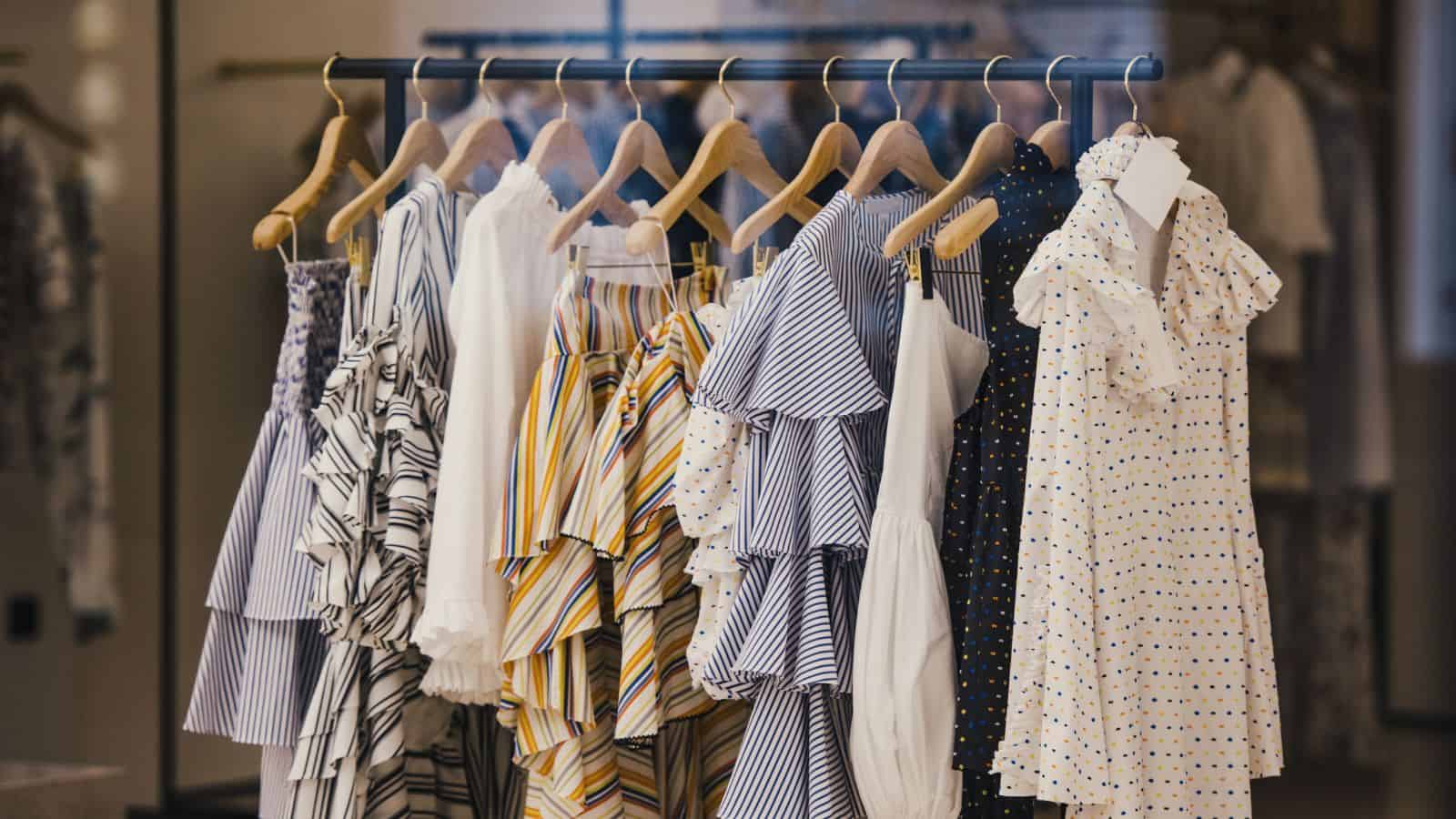Millennials have been the center of so much media attention due to their spending habits. Their unique ways of spending have built up and crushed many traditional industries. In this article, we look at 17 things millennials stopped buying and how that has impacted society.
Diamond Engagement Rings

With ethical concerns surrounding diamond sourcing, millennials are seeking alternative gemstones and custom jewelry for their engagement rings. They prioritize unique and meaningful symbols of commitment that align with their values and personal style. Markets and Markets predicts that the lab-grown diamond market is expected to grow 7% each year, putting a bigger dent in natural diamond sales.
Single-Use Plastic Products

With a heightened awareness of plastic pollution, millennials are saying no to single-use plastic products and seeking out more sustainable alternatives. Even though plastic is low maintenance, cheap, and readily available, younger people are choosing more sustainable options like paper and bamboo to protect the environment.
Brand-Name Bottled Water

Brand-name bottled water is losing its appeal among millennials as they become more conscious of its environmental footprint and opt for reusable bottles or filtered water solutions. It is also very expensive when you factor in the price of a single bottle over carrying your own water from home.
Cable Television Packages

Millennials are ditching traditional cable television packages in favor of streaming services that offer greater flexibility, variety, and transparency. Streaming is simply a better deal; it is cheaper, more convenient, and more flexible. The price of cable can pay for four streaming platforms.
Disposable Razors

Disposable razors are falling out of favor with millennials, who are prioritizing sustainability and opting for longer-lasting shaving alternatives. Some millennials are even choosing to do away with shaving or at least to do it less, as they’re embracing their natural body hair.
Fast Fashion Clothing

Millennials are increasingly turning away from fast fashion clothing due to growing environmental awareness and a desire for more sustainable options. The quality of fast fashion clothes is also going down every year, making them more expensive in the long run. There are also concerns about the kind of labor used to make these clothes.
Non-Organic Produce

As the concern for health and wellness grows, millennials are shifting away from non-organic produce. In addition to protecting their bodies, millennials also prefer to support local farmers rather than buy from big international corporations. Even though buying organic is more expensive, millennials are here for it.
Printed Books

Printed books are facing declining demand among millennials, who are opting for the convenience and portability of digital reading devices. With digital platforms like Amazon Kindle and Audible, people can have an unlimited selection of books they can read at any time, anywhere. There is very little reason to go back.
Brand-Name Cleaning Products

Millennials are shifting away from brand-name cleaning products, preferring eco-friendly alternatives and DIY solutions. They prioritize transparency and control over ingredients, choosing brands that offer clear ingredient lists and safer options for their homes. At the moment, many of them are demanding eco-friendly cleaning products that are good for both the environment and people.
Traditional Banking

Millennials are increasingly turning to online banking and fintech solutions over traditional banks. They seek convenience, accessibility, and flexibility in managing their finances, fueled by a distrust of traditional banking institutions and a desire for digital innovation. The financial crisis left a bitter taste in everyone’s mouth when it comes to big banks.
Disposable Coffee Cups

Environmental consciousness prompts millennials to reject disposable coffee cups in favor of reusable alternatives like travel mugs and thermoses. They support coffee shops that offer incentives for bringing reusable cups, contributing to sustainable coffee culture, and reducing single-use waste. While some brands have switched to paper cups, reusable options are still better.
Traditional Taxi Services

Millennials prefer ride-sharing and transportation apps for their convenience, transparency, and sometimes environmental friendliness. They opt for options that allow for easy booking and upfront pricing and support eco-conscious transportation methods like electric or hybrid vehicles. Popular options include Uber and Lyft, which have taken over the taxi industry in the past decade.
Non-Refillable Pens

Choosing sustainability, millennials favor refillable and eco-friendly pens over non-refillable options. They prioritize products that reduce plastic waste and offer durability and longevity, seeking options that align with their eco-conscious values. Some are even choosing to go completely digital and use tablets to write.
Disposable Diapers

Millennials are opting out of disposable diapers due to concerns about waste. Instead, they’re turning to cloth diapering and eco-friendly alternatives. They prefer products that are gentle on babies’ skin and align with their desire for more sustainable parenting choices.
Traditional Gyms

Traditional gyms are losing appeal among millennials, who seek personalized fitness experiences. They prefer boutique studios, at-home workouts, and community events for tailored routines and social connections. The old way of working out for the sake of vanity doesn’t work for millennials, and it’s clear in their spending habits.
Traditional Cable Internet

Millennials are swapping traditional cable internet for high-speed fiber optic connections and wireless alternatives. With the launch of 5G internet, no one wants to be left behind with a lagging connection. Additionally, more millennials are choosing to work from home, and fast internet is a necessity, not a luxury.
Non-Electric Toothbrushes

According to Oral-B, electric toothbrushes are much better at cleaning your teeth than manual toothbrushes. Since millennials understand the hefty cost of dental procedures, they’re choosing to take care of their teeth while they’re still young. Many also don’t enjoy the process of using a brush to clean their teeth.
